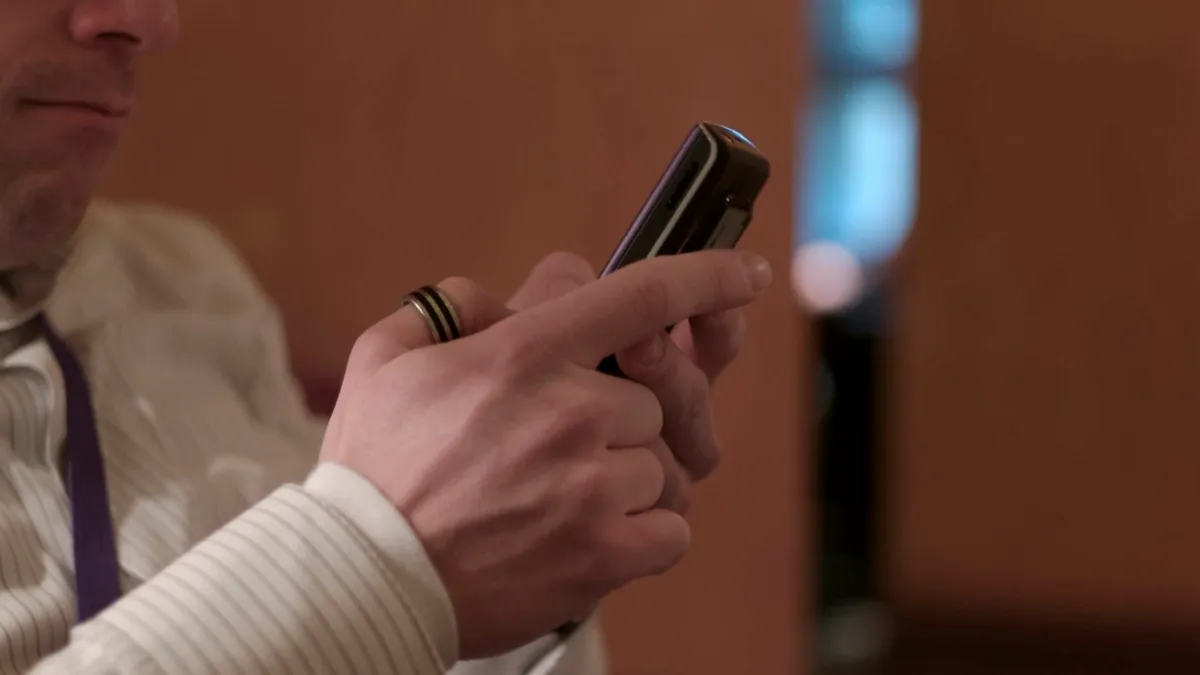Dive Brief:
- A study published by American Educational Research Association on Monday found school efforts to text parents do not necessarily increase their engagement levels and may actually backfire in some instances.
- The study, conducted in the 2013-14 school year, examined the engagement level of parents of 3,483 middle and high school students in England who received an average of two text messages per week, nudging them to ask students specific questions related to their science curriculum. In the end, researchers found while the interventions increased parent-child conversations at home, they did not noticeably impact test scores.
- The findings also suggest interventions decreased parent engagement in other areas like enforcing bedtimes or talking about current homework assignments. "These findings illustrate that parent engagement interventions are not costless: There are opportunity costs to shifting parental effort," the authors found.
Dive Insight:
While the use of texting and other technology to engage parents was growing prior to the COVID-19 pandemic, school closures triggered by the virus fast-tracked the use of these approaches.
Tennessee, for example, put a texting program in place in a majority of its districts free of charge to engage parents of students in grades PK-3, aiming to boost early literacy. The program's popularity was credited to its convenience for both parents and teachers, and to the digestible nature of the texts. Other major school systems around the nation, like the New York City Department of Education and San Francisco Unified School District, used the same program during COVID-19 school closures.
While research has confirmed parent engagement boosts student outcomes, the link between texting programs and outcomes has been less defined. In a 2014 Stanford study, researchers found texting personalized and differentiated messages in San Francisco Unified School District, leading to slight increases in parental engagement and learning gains for kindergarten students.
Conversely, the study published this month by AERA examined texts' impact on parents and their children in middle or high school, rather than in the earlier grades. Out of the 3,483 families studied, 2,212 students completed a survey that found while the texting "did not have a discernable impact on students’ science test scores," it did decrease the likelihood of students reporting their parents engaged with them in other ways to supplement their schooling.
For example, they were less likely by 7.4 percentage points to turn off the television, computer or video game; 5.4 percentage points less likely to enforce a student's bedtime; and 5 percentage points less likely to check that the student was studying.
"Successfully directing parental investments toward some parent engagement behaviors can crowd out other, possibly beneficial, behaviors," the study's authors wrote. "Parents have limited time, attention, and resources to invest in their child’s education, so there can be opportunity costs to shifting parental effort."
However, while researchers found no impact on test scores, they warned other areas left unmeasured may have benefited from the text messages, like curiosity or parent-child relationships.
"On one hand, these results are promising," authors wrote. "They demonstrate parents respond to encouragements from schools about engaging in their child’s education, and that students like such interventions more than they would expect."














